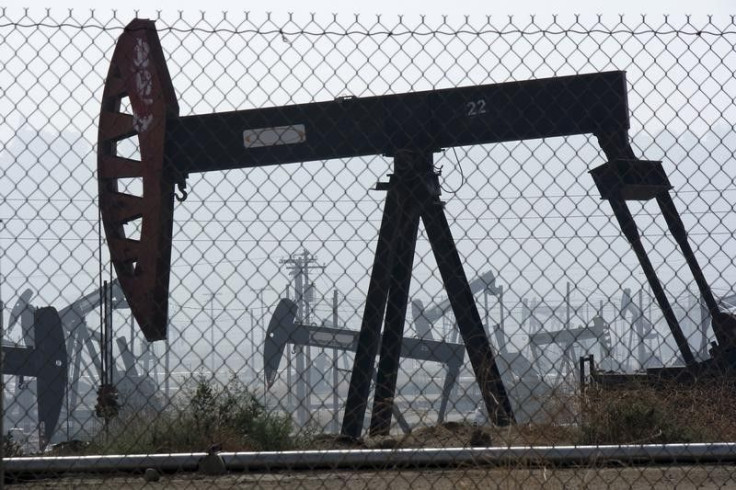More Fallout From Plunging Crude Prices: Schlumberger To Slash 21,000 Jobs After Posting Huge Q2 Loss

KEY POINTS
- In the second quarter, the company incurred a loss of $3.43 billion
- Revenue dropped 35% largely due to an unprecedented decline in oil-field activity in North America
- The company will pay more than $1 billion in severance
Oil-field services company Schlumberger (SLB) said on Friday it will cut more than 21,000 jobs – about one-fourth of its workforce – as the coronavirus pandemic has decimated energy demand for and hurt oil prices.
Schlumberger noted it had about 85,000 workers at the end of June. Schlumberger will now have a workforce of about the same size it had just prior to the oil and gas fracking boom more than a decade ago.
In the second quarter, the company incurred a loss of $3.43 billion and revenue dropped 35% largely the result of an unprecedented decline in oil-field activity in North America.
As a result of the job cuts, the company will pay more than $1 billion in severance. The firm will take a related charge in the second half of the year.
The company also took several restructuring and impairment charges totaling another $2.7 billion.
Crude prices have plunged 33% this year and natural gas prices dropped 17%.
“This has probably been the most challenging quarter in past decades,” CEO Olivier Le Peuch said. “Subsequent waves of potential COVID-19 resurgence pose a negative risk to this outlook.”
Le Peuch warned of further imminent cuts – he said the company has accomplished about 40% of its planned $1.5 billion in cost cuts for the year. Thus, another $900 million in cuts are envisioned.
Le Peuch also said the company will accelerate the restructuring of its North American business, by closing dozens of facilities in order to prepare “for a market of smaller scale and lower growth outlook, but with higher returns.”
Schlumberger’s oil-field rivals Halliburton Co. (HAL) and Baker Hughes Co. (BKR) have already reported net losses and falling revenues.
But LePeuch offered some hope amid all the gloom.
“We expect the global decline to recede into a soft landing in the coming months absent further negative impact from Covid-19 on the economic recovery,” Le Peuch said.
© Copyright IBTimes 2025. All rights reserved.





















